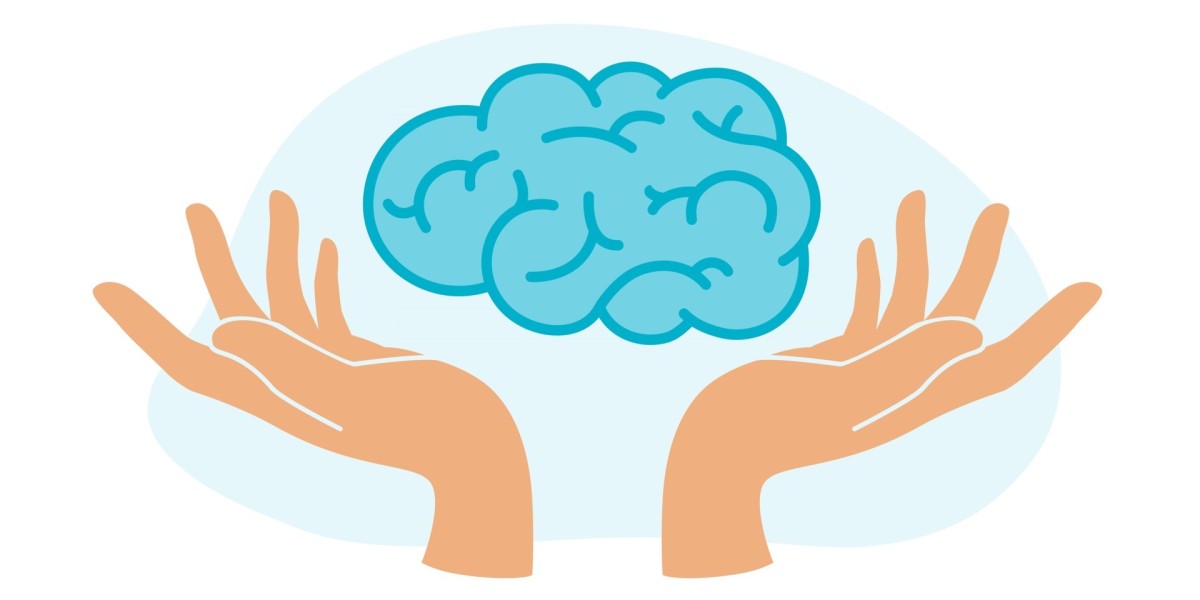Understanding and Managing Your Emotions: A Comprehensive Guide
Emotions are an integral part of the human experience, influencing our thoughts, actions, and relationships. From joy and excitement to anger and sadness, emotions play a significant role in shaping our perceptions and responses to the world around us. In this blog, we'll delve into the intricacies of emotions, explore their impact on our lives, and discuss strategies for effectively managing them.
What are Emotions?
Emotions are complex psychological and physiological responses to internal and external stimuli. They encompass a wide range of feelings, including happiness, sadness, fear, anger, surprise, and disgust. Emotions are influenced by a combination of biological, cognitive, and environmental factors, making them highly subjective and variable from person to person.
The Importance of Emotional Awareness
Emotional awareness refers to the ability to recognize and understand one's own emotions as well as the emotions of others. Cultivating emotional awareness is essential for developing emotional intelligence, which is the ability to perceive, assess, and manage emotions effectively. By becoming more aware of our emotions, we can gain insight into our thoughts and behaviors, make more informed decisions, and foster healthier relationships.
Common Emotions and Their Impact
Each emotion serves a unique purpose and can have both positive and negative effects on our well-being. For example:
- **Happiness:** Promotes feelings of contentment, satisfaction, and fulfillment. It can enhance resilience, improve relationships, and boost overall happiness.
- **Sadness:** Signals loss, disappointment, or unmet needs. While sadness is a natural response to certain situations, prolonged or intense sadness can lead to depression and other mental health issues.
- **Anger:** Arises in response to perceived threats or injustices. While anger can motivate action and assertiveness, uncontrolled anger can damage relationships and lead to aggression or violence.
- **Fear:** Alerts us to potential dangers and helps us avoid harm. However, excessive fear can lead to anxiety and avoidance behaviors that limit personal growth and fulfillment.
Strategies for Managing Emotions
Learning to manage emotions effectively is essential for maintaining mental and emotional well-being. Here are some strategies to consider:
1. **Self-awareness:** Pay attention to your emotions and their triggers. Practice mindfulness and reflection to develop greater self-awareness.
2. **Emotion regulation:** Learn techniques such as deep breathing, progressive muscle relaxation, and guided imagery to calm the mind and body during times of emotional distress.
3. **Cognitive reframing:** Challenge negative thought patterns and reframe situations in a more positive or constructive light.
4. **Social support:** Seek support from friends, family, or a therapist when facing challenging emotions. Talking about your feelings can provide validation, perspective, and encouragement.
5. **Healthy lifestyle:** Engage in regular exercise, get adequate sleep, and maintain a balanced diet to support overall emotional well-being.
6. **Creative expression:** Explore creative outlets such as art, music, writing, or dance to express and process emotions in a healthy way.
Conclusion
Emotions are a natural and inevitable part of the human experience. By cultivating emotional awareness and implementing effective coping strategies, we can learn to navigate our emotions more skillfully and lead happier, more fulfilling lives. Remember that it's okay to seek help when needed and that managing emotions is an ongoing process of self-discovery and growth.



